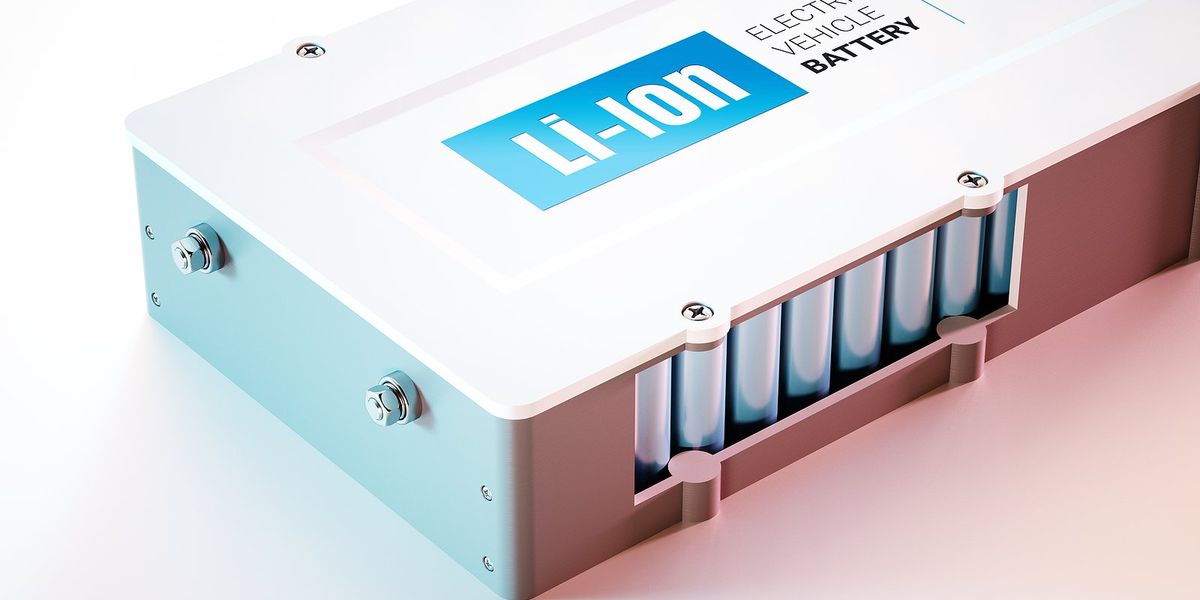
Oatly explores clean heat alternatives as food industry eyes decarbonization
Oatly is working to replace gas-fired boilers at its U.S. factories with electric heat pumps, highlighting the broader challenge food and beverage manufacturers face in reducing their reliance on fossil fuels for industrial heat.
Maria Gallucci reports for Canary Media.
In short:
- Oatly’s Millville, N.J., facility depends on natural gas for heating but is exploring electric alternatives, including industrial heat pumps.
- Other food manufacturers, such as Kraft Heinz, are also testing lower-carbon heating solutions but face high costs and logistical hurdles.
- Federal and state incentives are helping some companies transition, though widespread adoption remains slow due to cheap natural gas and outdated infrastructure.
Key quote:
“We really want to have strong competitiveness as a nation. We want to have good jobs that arise in lots of different locations, and we want to make sure that we have efficient use of all of our energy infrastructure. And the food and beverage sector specifically really hits all three of those spots.”
— Richard Hart, American Council for an Energy-Efficient Economy
Why this matters:
Industrial heat accounts for a significant portion of U.S. greenhouse gas emissions, and the food industry could lead the shift to cleaner alternatives. Widespread electrification of heating in factories would cut emissions but requires major investments and policy support.
Related EHN coverage: Op-ed: In the race for clean energy, the US is both a leader and a laggard — here’s how














